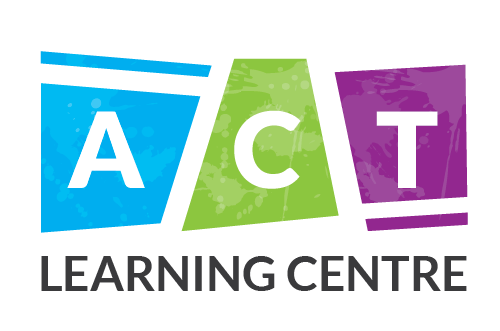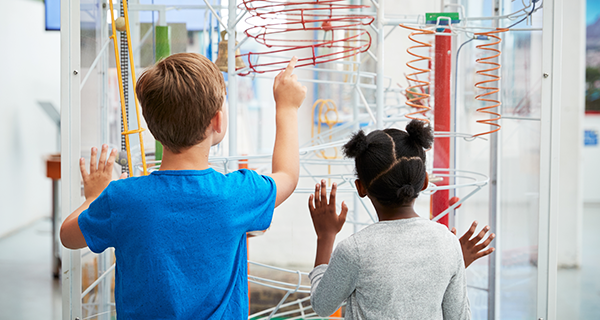How to Prepare Your Child with ASD for a Field Trip
Field trips are an important part of our children’s student experience. They provide hands-on opportunities to learn about the world outside of the classroom. However, for children with sensory processing difficulties, the change of pace from their day-to-day classroom environment can be both anxiety-provoking and stressful. All students should be able to participate in the fun, and schools and teachers should be accommodating in providing supports that will assist their students throughout the day. Many of the same supports your child receives on a regular basis will also be helpful on a field trip, including advanced preparation for changes of routine, instituting visual schedules, and perhaps a one-on-one aide. Below are just some of the preparation strategies to help your child before, during, and after their trip:
Coordinate with your child’s teacher to get a list of upcoming field trip options in advance. When a field trip is organized, mention the trip often in conversations and create a countdown calendar to build excitement.
Take a virtual tour of the destination with your child. Museums and galleries often have photos or video footage of exhibits and attractions on their website.
Create social stories to help your child learn what to expect of the day. Make sure to include bus rides, sharing with others, and the need to be flexible if a plan gets disrupted. Enlist the help of your child’s ABA therapist to create multiple scenarios.
Field trips often involve quick and frequent transitions from activity to activity. During a therapy session, your ACT Learning Centre therapist can coordinate a series of events that involve quick turnarounds to help acquaint your child with what can be expected on the day. If some strategies work better than others, coordinate with your child’s teacher or the field trip volunteers to develop a plan to help your child become accustomed with these transitions. These can be done on the schedule, through verbal prompts, or assisted technologies like timers.
Take sensory sensitivities into account. Depending on the nature of the field trip, your child may experience different temperatures, be subject to loud noises, or have to make their way through crowds. Remind your child how to communicate when they’re uncomfortable and how to request a break.
Safety is key! Review safety rules and take precautions seriously. If necessary, consider having your child wear an identification bracelet.
Talk to your child’s teacher about instituting a reward system to help motivate your child throughout the trip. Frequent positive reinforcement will help your child improve their behaviour and build excitement for the next outing.
Ask the field trip organizer how they’re planning on getting to the destination. If your child has never taken a bus before, see if there are parents or aids who would be willing to carpool with you. If not, coordinate with your school to have your child take short bus rides in advance of the trip!
Field trips can serve as wonderful opportunities for your child to practice important skills, such as flexibility, positive social interactions, and safety! Your child’s ACT Learning Centre therapist can help review your child’s needs, make written requests for specific supports to be added, and prepare your child for a successful day!



